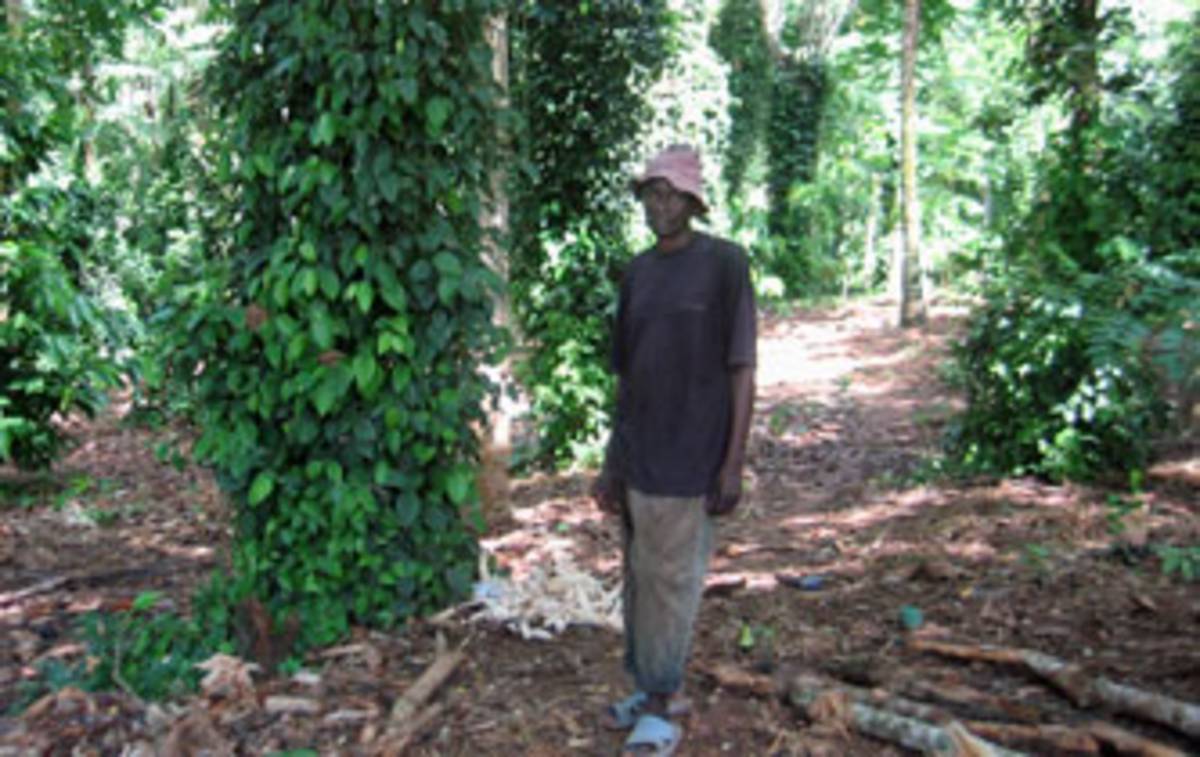The world’s 1.5 billion smallholder producers are particularly exposed to the effects of climate change as they are directly dependent on natural resources, are predominantly located in vulnerable tropical regions, and may be restricted in their ability to cope because of social and economic factors.
Many national organizations and networks of forest producers in tropical developing countries are harnessing their potential to support smallholders in mitigating climate change and adapting to its impacts, while enhancing the resilience of rural livelihoods and ecosystems. They employ diverse strategies, from policy advocacy to on-the-ground support for climate-smart livelihoods.
The study shows how smallholders and their organizations contribute to climate change mitigation and adaption in innovative ways, building on their particular strengths.
"For instance, members of the ACOFOP association of forest communities in Petén, Guatemala, have demonstrated their capacities in sustainably managing timber concessions in the Maya Biosphere reserve, and then further diversified into non-timber forest products and reducing emissions from deforestation and forest degradation (REDD+)", says SYKE’s researcher Salla Rantala, author of the report.
Smallholder organizations have great value in expanding the scale of the work and ensuring continuity of climate work, but these groups and their members need support in building capacity to continue the work of dealing with climate change while enhancing social and environmental resilience.
More about the report
- Summary: Smallholder forest producer organizations in a changing climate
- FAO Forestry News: Smallholder forest producer organizations innovate amidst changing climate, study shows
More information
Salla Rantala, Finnish Environment Institute (SYKE)
Tel +358 2952 51257, firstname.lastname@ymparisto.fi
